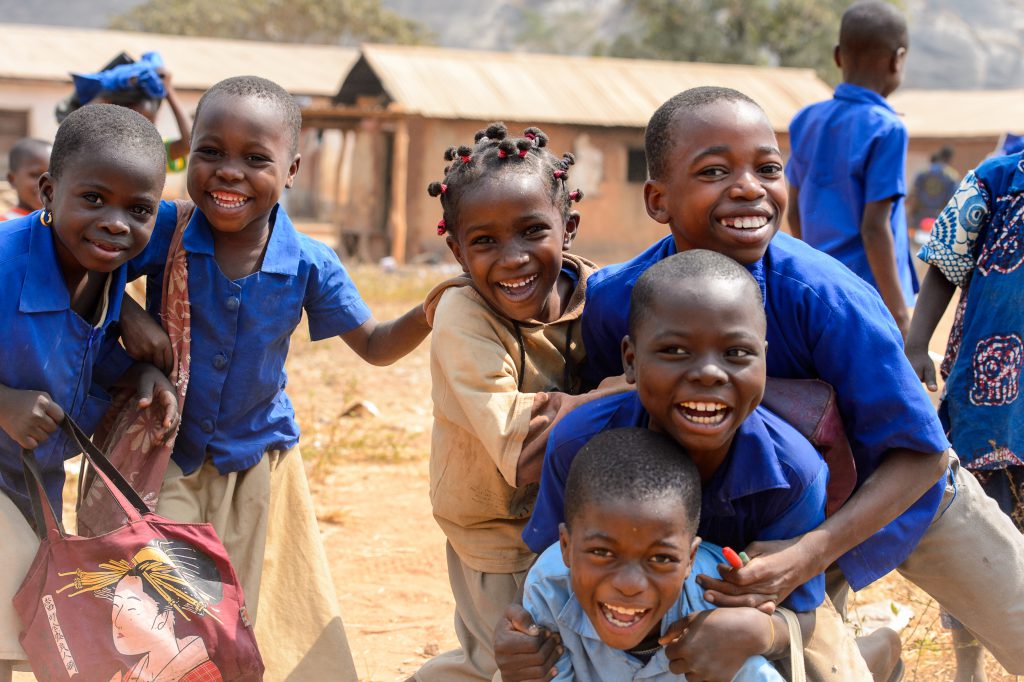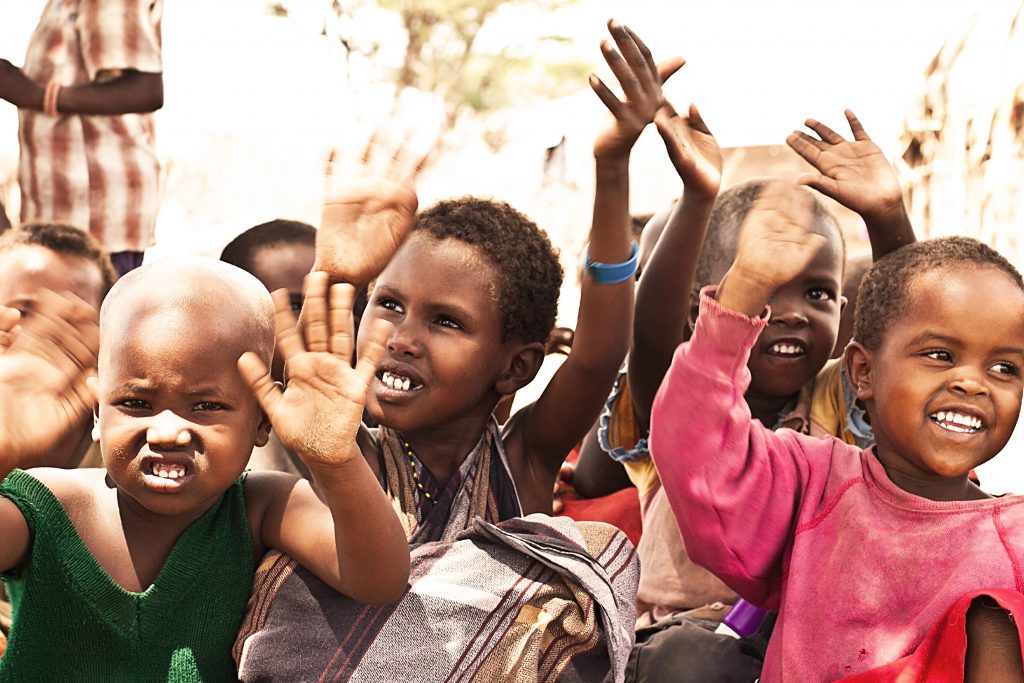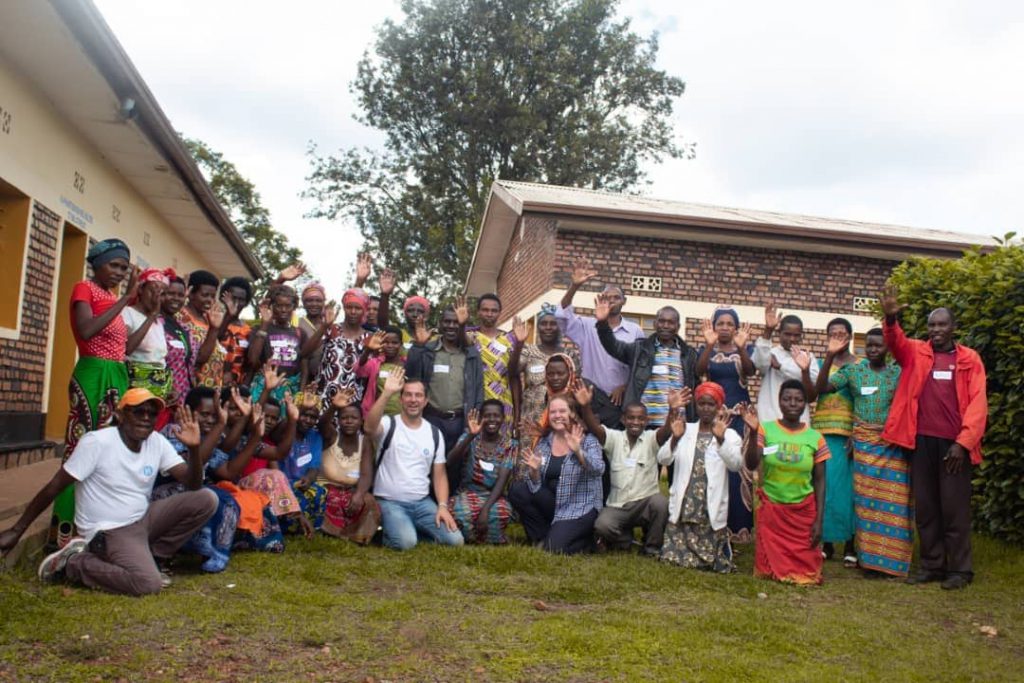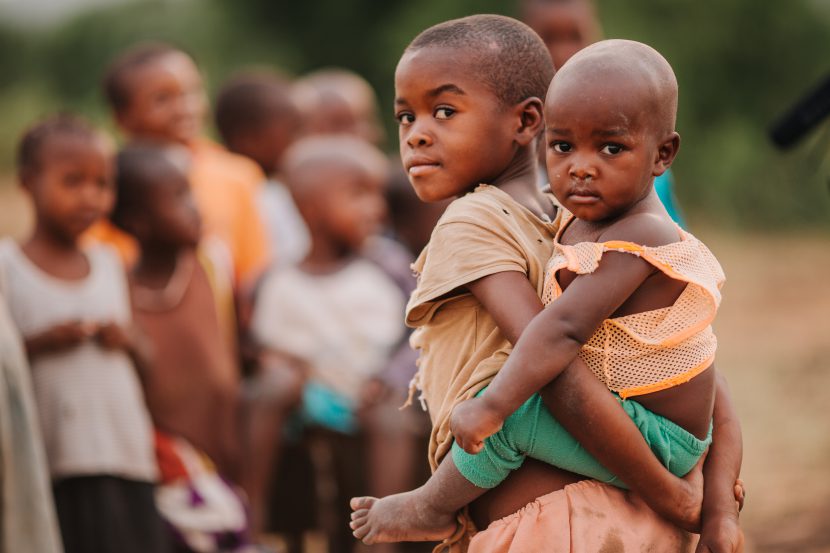Orphanages have often been perceived as a safe haven for children that, due to several reasons such as poverty, war or natural disasters, their parents are unable to provide for them. However, such institutions on many occasions in fact exploit children to profit their organisations and the long-term effect that can have on children, specifically orphans in Kenya, can be extremely detrimental.
What is Orphanage Tourism?
Orphanage Tourism is the practice when tourists from the Global North visit orphanages in the Global South as part of sightseeing tours or volunteering projects. Tourists usually believe they are doing a good deed but in fact they are inadvertently contributing to a situation that pushes more children into these institutions. (Brown, 2016)
Strategies deployed by orphanages
Apart from the environment and pre-existing presence of humanitarian activities in the South Coast, such humanitarian initiatives by individuals and organisations have entered into the field of public primary and secondary education.

The founders and participants of these initiatives are mainly from Germany, Switzerland, France and Austria but some were also from the UK and USA. (Chege & Schweppe, Tourism, Charity and Father’s Fundraising Strategies for their Children’s Education on the Kenyan South Coast, 2018) These child-orientated organisations raise funds through a large number of volunteers from the Global North who make significant payments in order to participate. (Voelkl, 2012)
Additionally, as several scholarly, governmental and International organisations’ research points out, organised trips and visits to orphanages are often offered to tourists who, once on site, are encouraged to make generous donations. Children are thus used as income-generating resources for the orphanages. (Reas, 2015) This is also known as “village visits” which is now being deployed by locals as a means to engage tourists as sponsors for their child’s education.
Having this in mind, it is clear that both international tourism and humanitarian activities are contributing to the existence of these strategies. (Chege & Schweppe, Tourism, Charity and Father’s Fundraising Strategies for their Children’s Education on the Kenyan South Coast, 2018)
The dilemma of struggling families
Due to unemployment, lack of livelihood opportunities, poverty, social inequality and inadequate support from the government, the local inhabitants have resorted to what has been developed in the region as an answer to inadequate and unfulfilled basic human needs and poverty: the search for donors from the Global North. (Chege & Schweppe, Tourism, Charity and Father’s Fundraising Strategies for their Children’s Education on the Kenyan South Coast, 2018)
Orphanages resort to their tried-and-tested practices and seek Western sponsors to enable their children’s access to private school. Interviews conducted by Chege and Schweppe included all men who were engaged in relationships with tourists at the time of the interviews or had been in the past and were receiving some form of financial support from them. Those who were not engaged in relationships with tourists at the time of the interviews said they were actively seeking new ones. (Chege & Schweppe, Tourism, Charity and Father’s Fundraising Strategies for their Children’s Education on the Kenyan South Coast, 2018)

When asked about their reasons for pursuing these relationships, the explanation was almost uniform: “to support the education of my children”. (Chege & Schweppe, Tourism, Charity and Father’s Fundraising Strategies for their Children’s Education on the Kenyan South Coast, 2018) Their relationships with tourists were either intimate/sexual or family friend relationship. (Chege, Male beach workers and western female tourists: Livelihood strategies in Kenya’s South Coast Region, 2014) (Chege, Towards a deeper understanding of the meaning of a male beach worker-female tourist relationships on the Kenyan Coast, 2017)
They were not limited to the duration of the tourist vacation period and varied from a few months to several years in length. Village visits were a common strategy in the men’s attempts to engage tourists in providing longer lasting financial support. (Chege & Schweppe, Tourism, Charity and Father’s Fundraising Strategies for their Children’s Education on the Kenyan South Coast, 2018)
What are potential solutions?
Donating to initiatives which strive to support family-based services that ensure child protection, social welfare and universal healthcare. Another way to address these issues is through cooperation such as the “south-south cooperation” where the best solutions often come from countries that have experienced and tackled the same problem. (Brown, 2016) This can be implemented on a sub-regional basis in East Africa.
What can you do?
Humanium was founded on principles and values which respect and uphold the family-based environment and protect vulnerable children. If you want to get more involved with Humanium, you can donate, become a member or join the volunteering team. You can learn more and support Humanium’s projects here.
Together we can make sure no child is left behind.

Written by Igi Nderi
References:
Brown, A. (2016, October 11). Keeping families together in Mynamar.
Chege, N. (2014). Male beach workers and western female tourists: Livelihood strategies in Kenya’s South Coast Region. Lausanne: University of Lausanne.
Chege, N. (2017). Towards a deeper understanding of the meaning of male beach worker-female tourist relationships on the Kenyan Coast. Journal of Arts and Humanities, 62-80.
Chege, N., & Schweppe, C. (2018). Tourism, Charity and Father’s Fundraising Strategies for their Children’s Education on the Kenyan South Coast. International Journal of Child, Youth and Family Studies, 100-125.
Reas, P. (2015). So, child protection, I’ll make a quick point of it now: Broadening the notion of child abuse in volunteering vacations in Siem Reap, Cambodia. Tourism Review International, 295-309.
Voelkl, H. (2012). Developing an understanding of the experience of children with international short-term volunteer tourism. A case study in an orphanage project in Ghana. Uxbridge: Brunel University.


